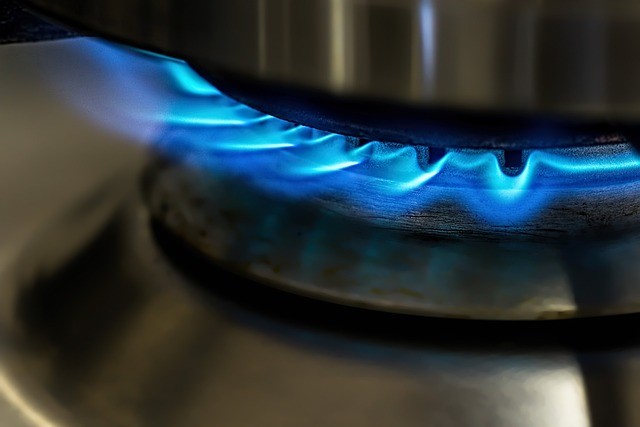Benefits of a Gas Cooktop
Gas or Electric? It’s the age-old argument of which is best to cook with on your cooktop.
Well, we’re cooking on gas! If you ask 100 chefs for their preference for cooktop, at least 95% will say gas and although you may not wish to create gourmet food, there are numerous advantages of a gas cooktop, as we’ve set out below.

Control over heat
There is an immediate response from a gas cooktop as when the dial is turned, the flame gets bigger or smaller, which helps be more precise with the heat. You don’t have to wait for the pan to heat up or cool down and the cooking temperatures are more precise, allowing you to achieve consistent results.
Even heat distribution
It is so frustrating when pans are not completely flat if you have an electric cooktop as the heat isn’t distributed evenly throughout. This is not an issue with gas as the flames caress the pan across the entire surface consistently.
Low heat emissions
Talking of immediate turn off, gas allows the cooktop to cool down considerably quicker as with an electric cooktop, it continues to be hot for a reasonable amount of time, which tends to be a danger with children…and cats!
Flexibility in pan type
Pans with rounded bottoms, like a wok, especially benefit from the even heat distribution offered by gas cooktops and really do not work particularly well on electric hobs. Additionally, induction cooktops require a ferrous bottom, further restricting your pan choice and even compelling you to buy a whole new set of cookware.
Cheaper operating costs - price of electricity nowadays
The initial outlay of a gas cooktop may be comparatively more expensive, but this is offset by the operating costs of electric cooktops. As the price of electricity continues to skyrocket, gas certainly does seem the better investment at present.
The time it takes to preheat an electric cooktop can be much longer than gas, which means you'll use three times as much energy. According to Canstar**, in 2022, the cost of cooking with electricity is $0.19 higher per hour. Multiply that by how many hours cooking you do per annum and the savings with gas could be quite substantial.
Cleaner fuel
This may seem a stretch but bear with us. Contemplate that coal must be burnt to generate electricity. Natural gas emits approximately half the greenhouse gases that are emitted from burning coal* for an electric cooktop and if you use LPG, this is even more efficient as it emits up to 70% less!
During a powercut
If the power is cut to your home, you will still be able to cook with a gas cooktop as long as you have a match to ignite the gas.
Easier to clean
Gas cooktops are so much easier to clean than electric, as you will usually require a glass cooktop specific cleaner to remove stubborn residual marks. With a gas cooktop, you will just require good old soap, water and a cloth.
Durability
Most gas cooktops last longer than electric, with no complicated wiring mechanisms that can wear out. Gas cooktops are certainly more durable than electric as the latter can easily get damaged if something is dropped on them.

When choosing a gas cooktop for your home, we at Everyday Plumbing and Gas have a team of qualified gas fitters that can assist with advice and recommendations, as well as gas installation and cooktop installation.
If you have any further questions or would simply like to speak to your local licenced gas fitter before making a purchase, give us a call or complete the online form today.
*National Oceanic and Atmospheric Administration study - referenced at www.oilprice.com
**based on the data from the Ausgrid Appliance Energy Usage Guide